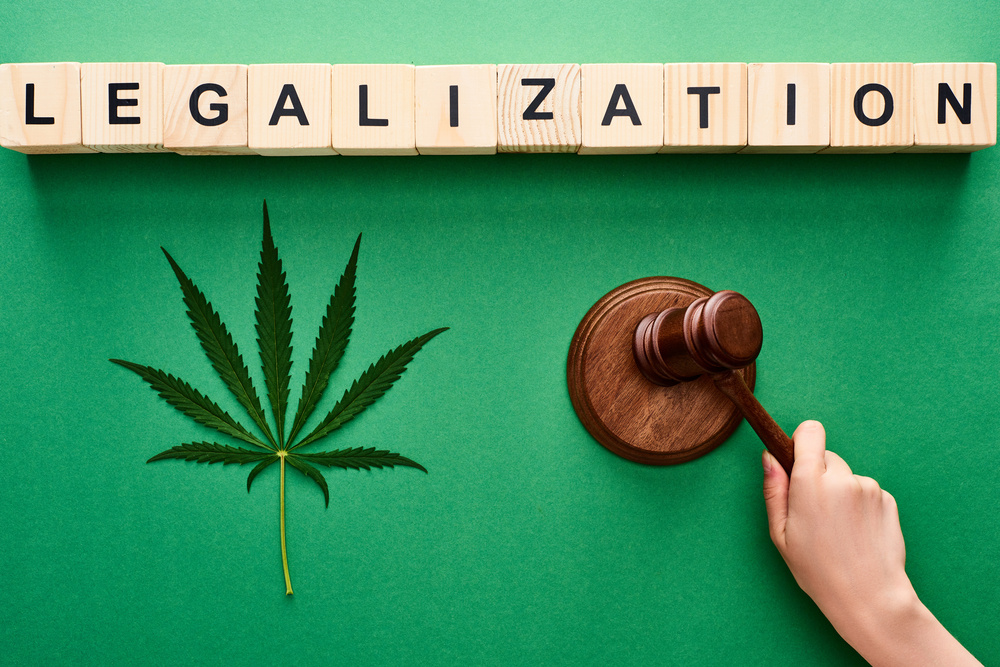A Utah resident with a valid medical cannabis card can walk into Beehive Farmacy in Brigham City and purchase everything from cannabis buds to gummies. Meanwhile, a neighbor who wants to use recreational cannabis cannot legally purchase from a local dispensary. Utah law does not allow for recreational use. Critics of the law point out that the state’s moral and ethical history suggests a long time before recreational use is legal in the Beehive State.
The differences in cannabis laws throughout the states are unavoidably linked to morality and ethics. This surprises a lot of people challenged by the idea for the first time. But when you stop and think about it, the basis for all law is morality. Human beings create laws based on perceptions of right and wrong.
Certain Crimes Are Always Wrong
Humanity acknowledges a certain number of crimes that are always wrong regardless of whether those crimes are codified. For example, any sensible person understands that sexually abusing children is wrong under any and all circumstances. We do not need a law on the books to tell us that. Why? Because abusing children violates the moral and ethical code inherent to humanity.
It follows, then, that there are some practices humanity inherently considers morally or ethically wrong despite being fully legal. In some parts of the world, it is completely legal to treat women like property rather than human beings. Yet the rest of us recognize that such behavior is morally and ethically wrong.
What is the point here? Some people have a moral objection to cannabis in any form. There are others who object to it for recreational use but are okay with medical cannabis. Should either group be derided for their moral beliefs?
Old Fashioned and Outdated
I have read more than one piece in which a cannabis proponent derided those on the other side of the equation as having morals that are both old fashioned and outdated. Calling someone else’s moral standards old fashioned and outdated implies that they are also wrong. It concedes that morals evolve rather than being absolute.
If morals evolve, then who is to say that one person’s moral and ethical convictions are correct while others’ are incorrect? Who is to say which set of moral codes should be the standard? On the other hand, the belief in an absolute moral code that doesn’t evolve sets a clear standard for those who follow it.
All Law Has a Moral Foundation
The truth of the matter is that all law has a moral foundation. Because people differ in their moral and ethical beliefs, it is not possible for the entire world to be 100 % unified on anything. In terms of cannabis legalization, expecting everyone to get on board is unrealistic. It is also impossible. Some people have legitimate moral objections.
Does this mean medical and recreational cannabis should remain on the federal government’s Schedule I list of controlled substances? Not at all. The moral standards of one group do not necessarily get to override those of another. By the same token, it also doesn’t mean that those who want cannabis decriminalized should automatically get their way because objections are old fashioned or outdated.
This is why we have a system based on representative government. It is why we get to vote. All of us have the opportunity to vote according to our moral and ethical standards. As we elect representatives to create legislation on our behalf, we hope said legislation will align with our beliefs. Sometimes it does, other times it doesn’t. Cannabis legalization makes that all too clear.




